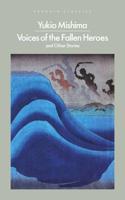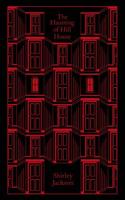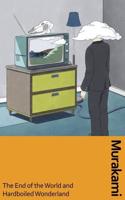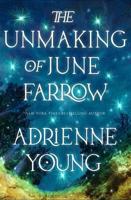Publisher's Synopsis
Eugene Gladstone O'Neill (October 16, 1888 - November 27, 1953) was an Irish American playwright and Nobel laureate in Literature. His poetically titled plays were among the first to introduce into American drama techniques of realism earlier associated with Russian playwright Anton Chekhov, Norwegian playwright Henrik Ibsen, and Swedish playwright August Strindberg. His plays were among the first to include speeches in American vernacular and involve characters on the fringes of society, where they struggle to maintain their hopes and aspirations, but ultimately slide into disillusionment and despair. Of his very few comedies, only one is well-known (Ah, Wilderness!). Nearly all of his other plays involve some degree of tragedy and personal pessimism. O'Neill was born in a Broadway hotel room in Longacre Square (now Times Square), in the Barrett Hotel. The site is now a Starbucks (1500 Broadway, Northeast corner of 43rd & Broadway). A commemorative plaque is posted on the outside wall with the inscription "Eugene O'Neill, October 16, 1888 November 27, 1953 America's greatest playwright was born on this site then called Barrett Hotel, Presented by Circle in the Square." He was the son of Irish immigrant actor James O'Neill and Mary Ellen Quinlan. Because of his father's occupation, O'Neill was sent to St. Aloysius Academy for Boys, a Catholic boarding school in the Riverdale section of the Bronx, where he found his only solace in books. O'Neill spent his summers in New London, Connecticut. He attended Princeton University for one year. Accounts vary as to why he left. He may have been dropped for attending too few classes, been suspended for "conduct code violations," or "for breaking a window," or according to a more concrete but possibly apocryphal account, because he threw "a beer bottle into the window of Professor Woodrow Wilson," the future president of the United States. O'Neill spent several years at sea, during which he suffered from depression and alcoholism. O'Neill joined the Marine Transport Workers Union of the Industrial Workers of the World (IWW), which was fighting for improved living conditions for the working class utilizing quick 'on the job' direct action. O'Neill's parents and elder brother Jamie (who drank himself to death at the age of 45) died within three years of one another, not long after he had begun to make his mark in the theater. Despite his depression, he had a deep love for the sea, and it became a prominent theme in many of his plays, several of which are set on board ships like the ones that he worked on.










